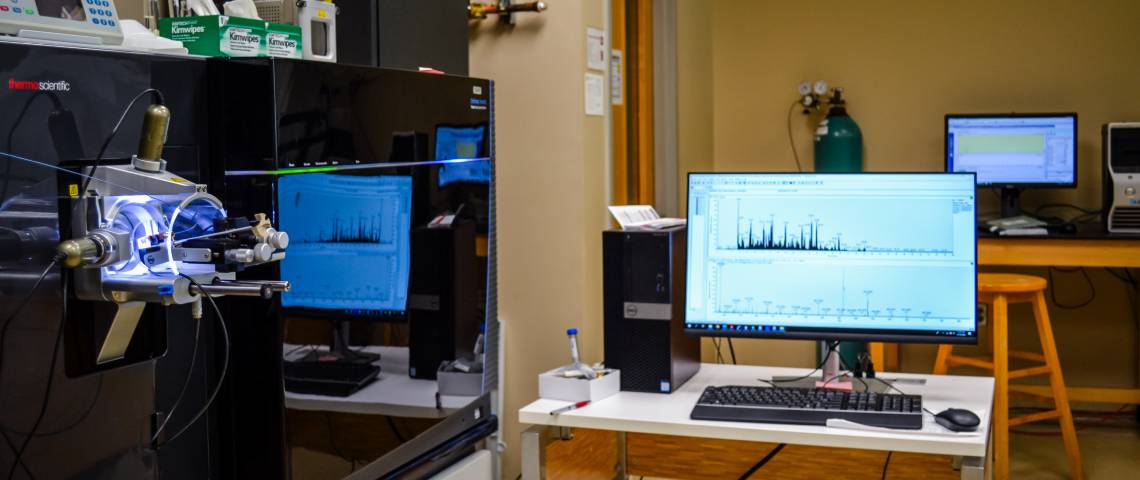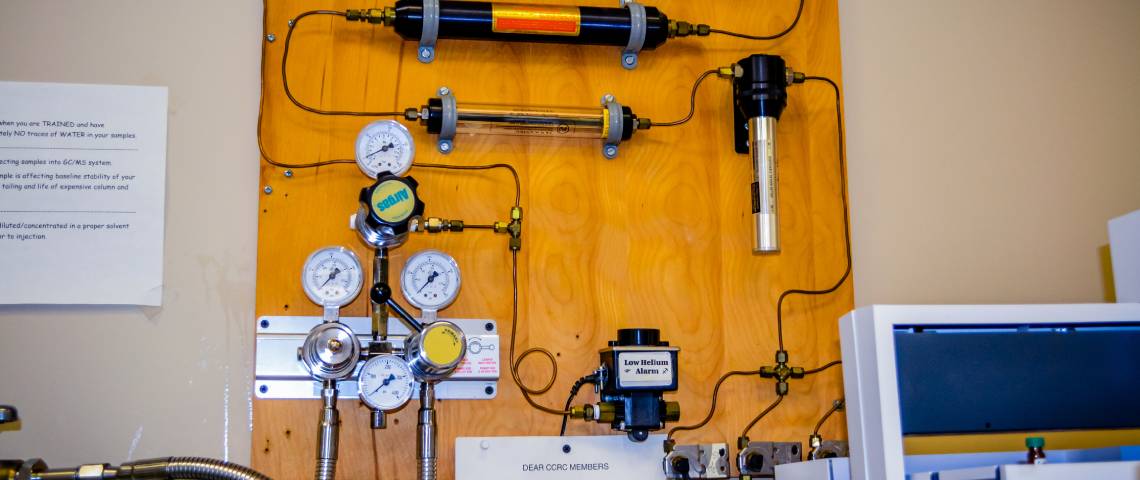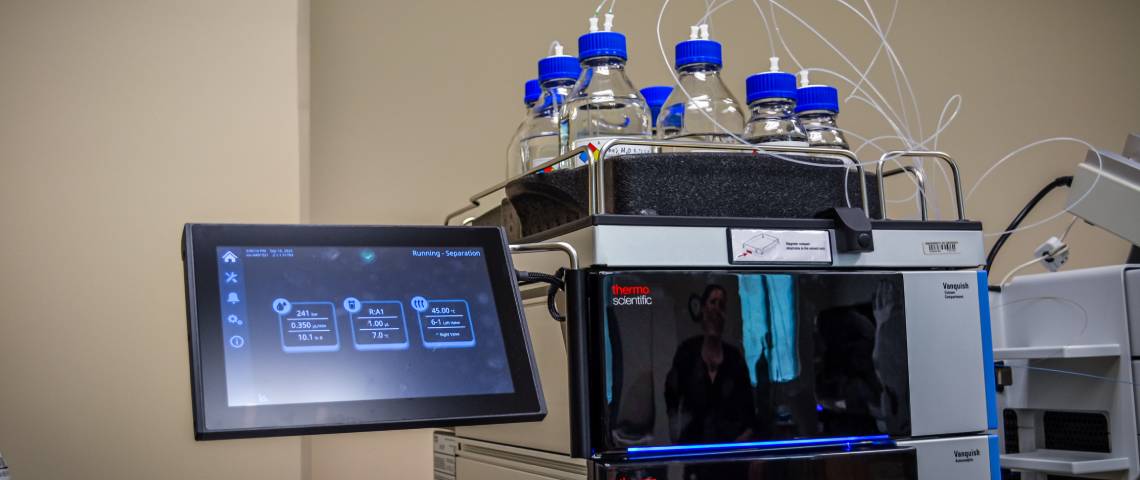UGA receives $18M NSF award to democratize glycoscience
The University of Georgia’s Complex Carbohydrate Research Center (CCRC) has received an $18 million award from the National Science Foundation (NSF) to advance glycoscience accessibility and research. This funding will support the establishment of the BioFoundry: Glycomaterials Research, Education, and Analysis Training (GREAT), an initiative aiming to democratize the study and application of glycoscience. Glycans, […]





